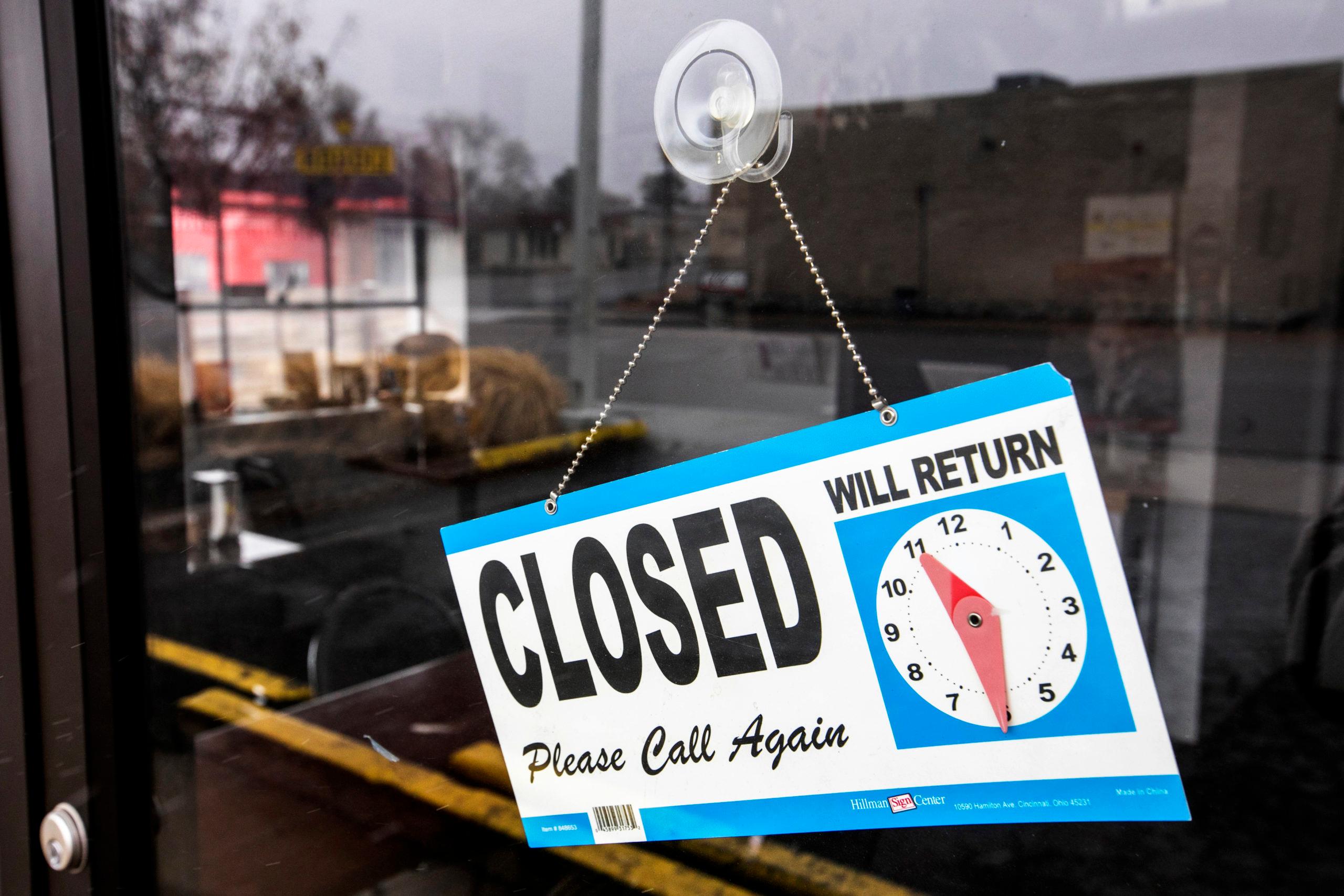
Several counties across Colorado are worried that a recent spike in COVID-19 cases could mean tighter restrictions on public life if new case numbers don’t level off.
It’s happening in both large urban centers and rural communities. In southern Colorado’s San Luis Valley, public health officials are alarmed by the new surge in cases. While the number of cases remains low compared to more populated areas, at 39 known active cases as of Friday, health officials there fear the surge could put a strain on health care providers who will soon be dealing with seasonal flu cases, as well.
On the Front Range, the Tri-County Health Department warns that Adams, Arapahoe and Douglas counties, which collectively identified 2,705 new cases over two weeks, must reduce their case numbers or risk moving backwards on the state’s COVID-19 dial. That would mean reduced capacity at businesses, houses of worship and gatherings, as well as earlier call times at bars.
Dr. John Douglas, Jr., who heads TCHD, explained that reducing spread means reducing the number of activities people participate in, including social gatherings.
“You’re more likely to get COVID-19 from someone you know and spend time with than a stranger,” he said.
Public health officials in Mesa County, in western Colorado, have the same concerns. Jeff Kuhr, executive director of Mesa County Public Health, has seen a sharp increase in cases over the past three weeks. Many of them stemmed from private gatherings or were transmitted between family members.
“We really are trying to make a plea to the individuals: Do your best, do your part and have some pride in our community,” he said.
The county’s coveted Protect Our Neighbors status is at stake. The status allows for gatherings of up to 500 people and for businesses to operate at 50 percent capacity. Crucially, it also empowers the county to make some local decisions over issues like masks.
This makes Mesa County much more open than much of the state. But all of that hinges on a few factors, including the case count staying low — which it hasn’t. Instead, Mesa County has had record numbers. The current state variance requires no more than 75 cases in two weeks. Instead, the county is hovering closer to 200.
Kuhr thinks some of this uptick is due to people wrongly assuming that COVID-19 isn’t a problem in their rural, close-knit community.
“I think sometimes people think, ‘We're immune to this,’” he said. “No, folks, you're not immune to this.”
He credits his department with keeping the case numbers from spiking even higher. Due to its size, Mesa County Public Health is able to contact trace every case.
“So far, through the duration of these seven months, we have done 3,500 contact traces,” Kuhr said, adding that employees sometimes work all weekend long. “I mean it is non-stop.”
And he knows it won’t stop unless people are vigilant, especially during the upcoming holidays.








